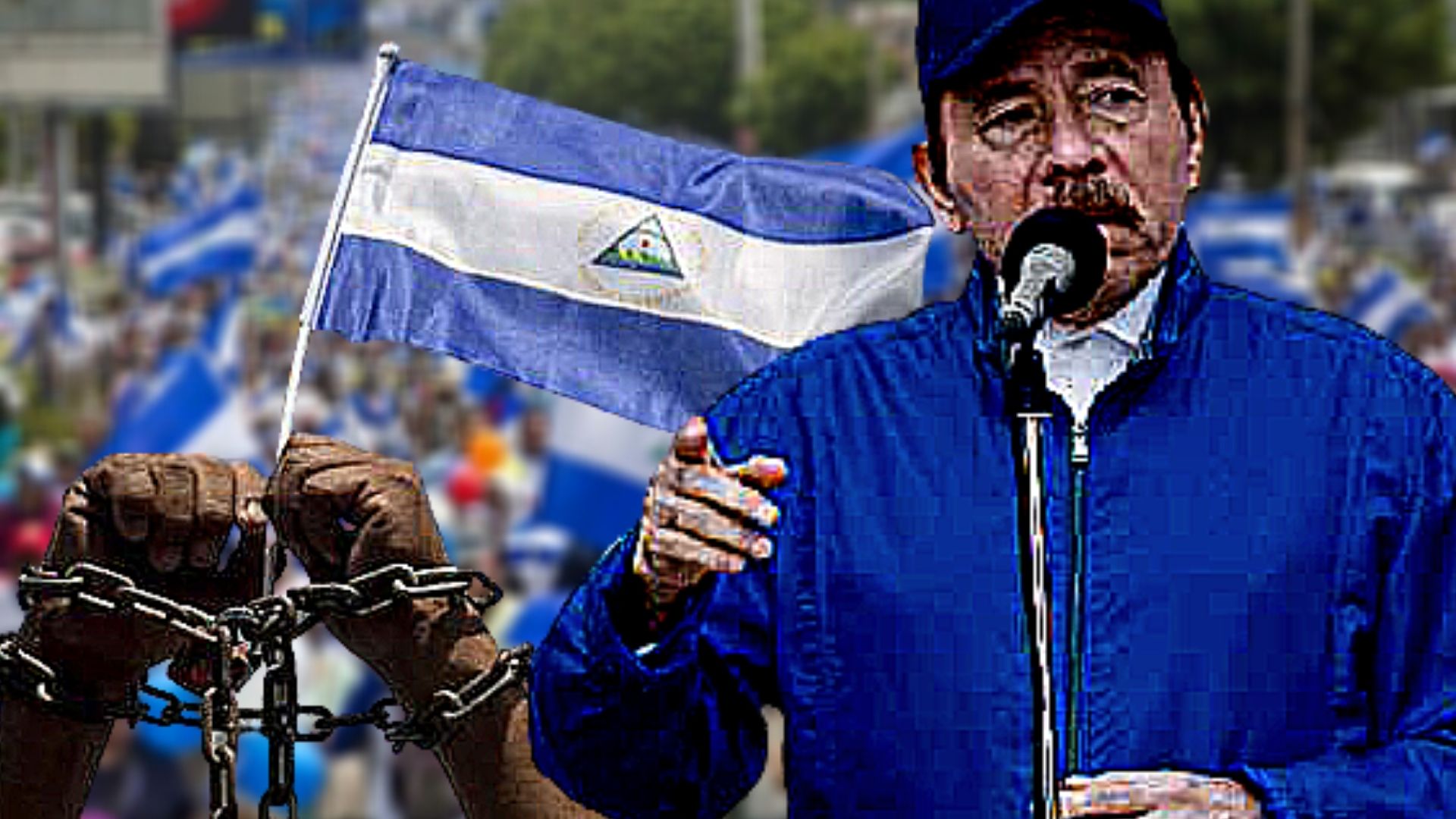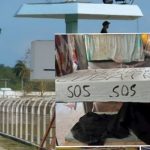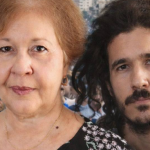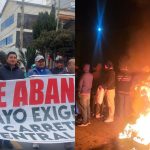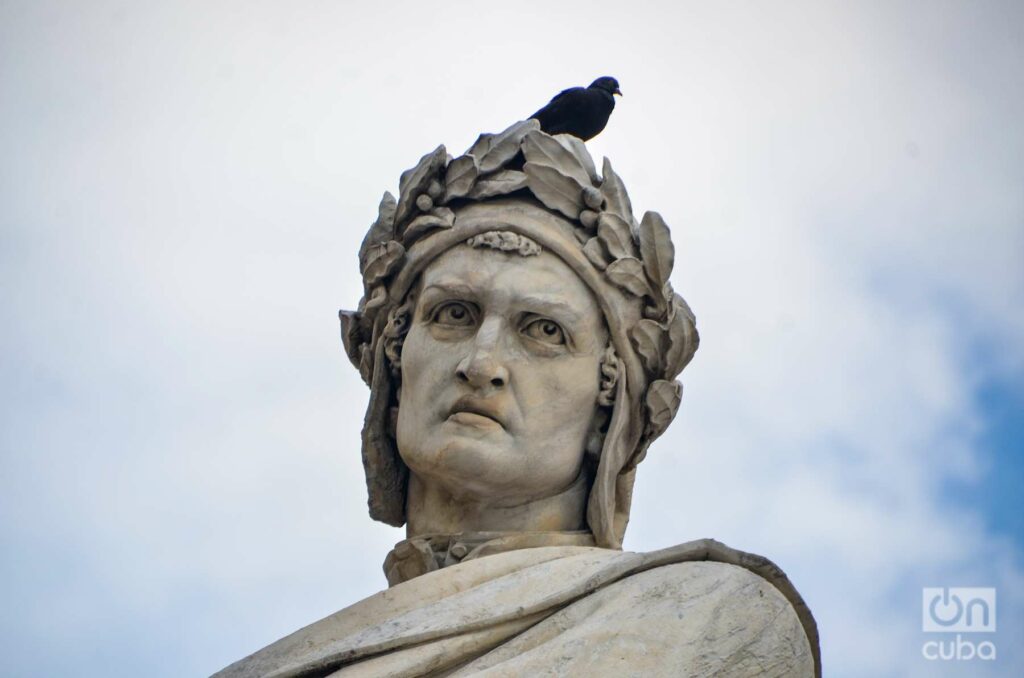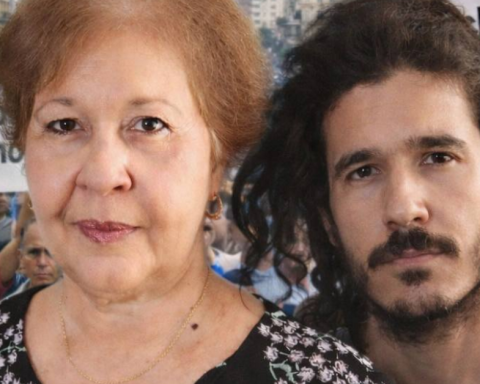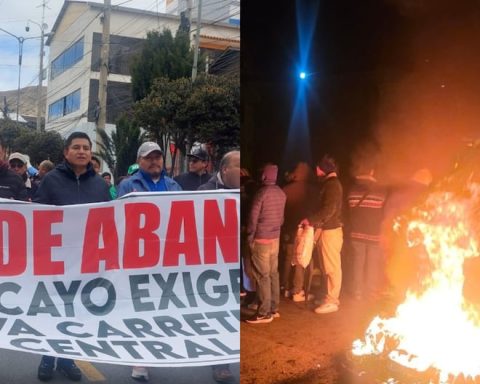The Nicaraguan regime ordered its steamroller of deputies in the National Assembly to declare April 19 “National Day of Peace”, the date that commemorates the civic rebellion of 2018. The decision, five days after that historic date, was given by to meet the Vice President of Nicaragua, Rosario Murillo.
The one dictated by the Nicaraguan dictatorship is rejected by the Mothers of April, young people in exile, opposition leaders and human rights defenders because they consider it a “mockery” of the Ortega Murillo regime in a “desperate” attempt to erase its crimes against humanity.
Young people from opposition groups have also rejected the declaration of April 19 as “National Day of Peace” because the dictatorship only wants to cover up the human rights violations committed since 2018. They assure that a “lack of respect” for memory of those murdered and the Nicaraguan population.
Related news: Declaring April 19 “National Day of Peace” is a “mockery” for all the victims of Ortega’s repression
Opposition Ana Quirós, a member of the Political Council of the Blue and White National Unity (Unab), stated that Rosario Murillo’s announcement is an “insult” to the victims of the dictatorship’s hatred against the people of Nicaragua and that it cannot be talk about peace in a context like the one the country has been experiencing since 2018. He says that Murillo only prescribes “the peace of cemeteries” and that this peace is not what Nicaraguans are looking for.
In April 2018, Nicaraguan youth demonstrated in the streets to reject the ineffectiveness of the dictatorship in putting out the flames in the Indio Maíz Biological Reserve.
In that same month, a reform to the pension system and the labor and employer contribution of social security was approved. This unilateral decision of the regime launched the population to protest the repeal of said measures.
The state response was repression, bullets and death. According to updated figures from the Inter-American Commission on Human Rights (IACHR), 355 people were murdered in the context of the sociopolitical crisis. To date, all crimes remain unpunished.
The Community of Dominican Friars, of the La Dolorosa Parishin San José, Costa Rica, expressed his solidarity for the three nuns of the Congregation of the Dominican Sisters of the Annunciata, recently expelled from Nicaragua.
The nuns Isabel and Cecilia Blanco Cubillo, of Costa Rican nationality, and María Albertina González, of Guatemala, attended the López Carazo nursing home, located in the city of Rivas. The three expelled arrived in Costa Rica on Wednesday afternoon. The Diocese of Tilarán-Liberia reported on its social networks that the Blanco Cubillo nuns were received at the Peñas Blancas border post.
Related news: Ortega survey says that there is freedom of expression in the midst of censorship, jail and exile of journalists
According to the results of the Nicaraguan pollster M&R Consultores, 87.9% of Nicaraguans say that there is religious freedom in the country, however it is contradicted by the siege imposed on freedom of worship, imprisonment and exile of priests and expulsion of nuns. The persecution of the Ortega regime has placed Nicaragua in fourth place on the list of the most dangerous countries for Christians in Latin America, only surpassed by Mexico, Colombia and Cuba.
At a global level, the Central American nation slipped into 50th place on the 2023 World Chase List, prepared by the organization Puertas Abiertas. It also explains that the Managua regime considers churches that denounce the “injustices and human rights violations committed by the government” as “destabilizing agents”.
The administration of Daniel Ortega and Rosario Murillo, in line with their diplomatic movements, appointed Sylvia Celina Miranda Paniagua as Nicaragua’s ambassador to Belgium, as a concurrent; after the position had been empty since January 11, when the dictatorship decided to dismiss Zoila Müller Goff from the diplomatic mission in Brussels, who was in the European country for just eight months.
His departure occurred after being declared “non grata” by the European Union after the expulsion of the bloc’s representative in Nicaragua. This Thursday, Gadiel Osmani ArceZepeda was also appointed as the new ambassador in Brazil, who had recently assumed the position of counselor minister at the Nicaraguan embassy in the South American country.
